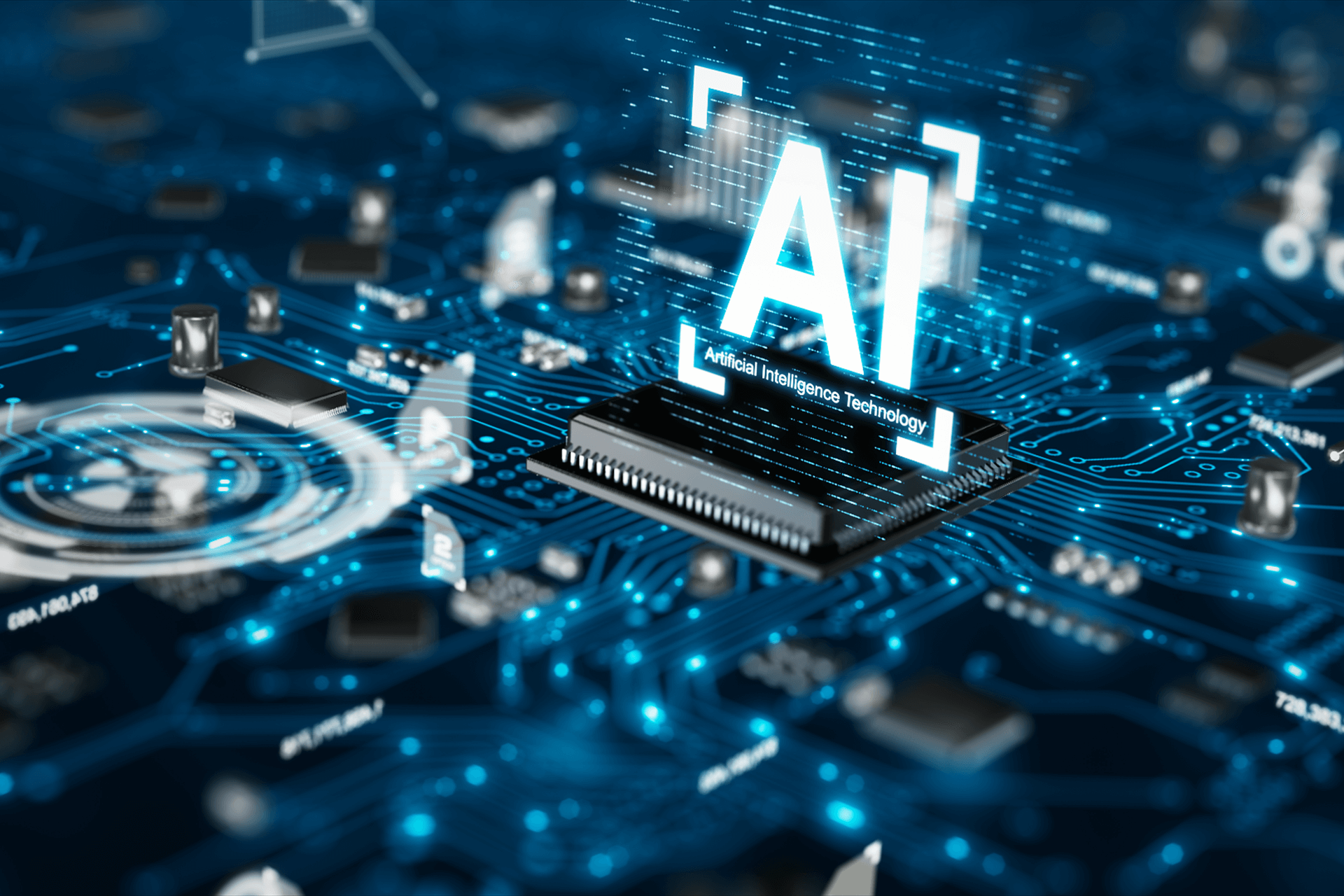
Is artificial intelligence (AI) the future for recruiting?
It’s no secret recruitment is rapidly advancing. As an industry we’re being forced to implement new technologies to make the hiring process more effective and efficient. One recurring question we’re seeing through numerous panels, webinars, and forums is: How will artificial intelligence (AI) change the future of recruiting?
What is AI for recruiting?
AI for recruiting is using artificial intelligence technology to improve the talent acquisition process. It involves the application of machine learned technology designed to automate manual duties. This could include programming and streamlining tasks, such as screening and shortlisting candidates.
The benefits and opportunities of using AI in recruiting
Saves time, money and increases efficiency
The most obvious benefit of implementing AI into the recruiting process is its potential to save recruiters and HR managers significant amounts of time. This is especially beneficial with reducing the amount of time spent performing tedious, repetitive or lengthy administration tasks.
AI software can screen resumes for keywords or certain criteria. Or it can input data into an ATS. It can even assist with managing interview scheduling or automating communication to applicants. Regardless of how it’s used, there’s no denying the benefit it has when freeing up time. Time that is much better spent engaging with potential candidates and fostering important relationships.
Improve the job seekers experience
We’re all too familiar with the situation where a candidate applies for a role, only to wait weeks before hearing back. And that’s if they hear back at all. In fact, it’s one of the biggest complaints held by job seekers in the market. Unfortunately, when receiving hundreds, sometimes thousands of applications for a single role, the reality is it’s just not viable to manually get in touch with each and every applicant. This is where AI offers a sustainable solution in the form of chatbots to swiftly manage expectations and improve the overall recruiting experience.
Naturally recruiters can’t be expected to work 24 hours a day, 7 days a week. But with the advancement of AI chatbots or virtual assistants, candidates can gain instant information and enjoy immediate responses. Chatbots can assist the customer experience by capturing candidate information, scheduling interviews or answering FAQ’s.
Eliminate any unconscious bias
Unfortunately, as humans we have a tendency to hold unconscious interviewer biases. These social stereotypes about certain groups of people are formed beyond our own awareness. They can then subconsciously influence us when making hiring decisions. AI promises to reduce the danger of these biases by ignoring demographic information such as a candidates’ age, gender, religion, disability, place of birth, or race when screening through applications.
The downfalls and limitations of using AI in recruiting
It ignores culture fit
As AI only looks at data, it runs the risk of overlooking or ignoring human characteristics, attitude, or culture fit. These factors require human judgement to equate an individual’s suitability for a role. This means that applicants who are a great fit, based on their personality, personal interests, and attitude, may be overlooked or discounted during the AI screening process. AI can also ignore skilled and qualified individuals who have underachieving resumes.
AI is not yet ready to replace humans
AI has come a long way in recent years. However, it’s far from perfect. There’s still a reluctancy to embrace this new technology due to issues with accuracy and reliability.
There’s often too much dependency on keywords, creating a loophole where suitable candidates fail to qualify under the AI’s criteria. Alternatively, applicants who aren’t a good fit for the role may be familiar with how the AI technology is programmed. Meaning they can include certain keywords to essentially trick the system.
AI can learn human biases
As AI uses advanced machine learning to mimic human behaviour, there’s a growing concern the technology can learn a human’s subconscious bias as well.
Although it’s programmed to reduce human bias and ignore certain demographic information, it’s also trained to identify and apply patterns in previous human behaviour.
This risk will need to be carefully managed upon set-up and continually monitored to ensure the software is free from any potential bias.
Skilled recruiters using artificial intelligence: A recipe for success
It’s clear artificial intelligence has an important role to play in the future of talent acquisition. Gone are the days of having to manually input candidate information and self-screen candidate profiles. When used correctly it can save time, money, and improve the hiring experience for both recruiters and applicants alike. With the implementation of AI in so many other aspects of our lives, it seems inevitable that it will become a mainstream practise in recruitment too.
However, AI is not a single solution for recruitment professionals. Human judgement, emotional intelligence, and a holistic approach to hiring will always be vital to a successful talent acquisition strategy.
Utilising skilled recruiters, combined with innovative AI technology will give businesses a competitive edge and prove to be a recipe for success when securing top talent in the future.
